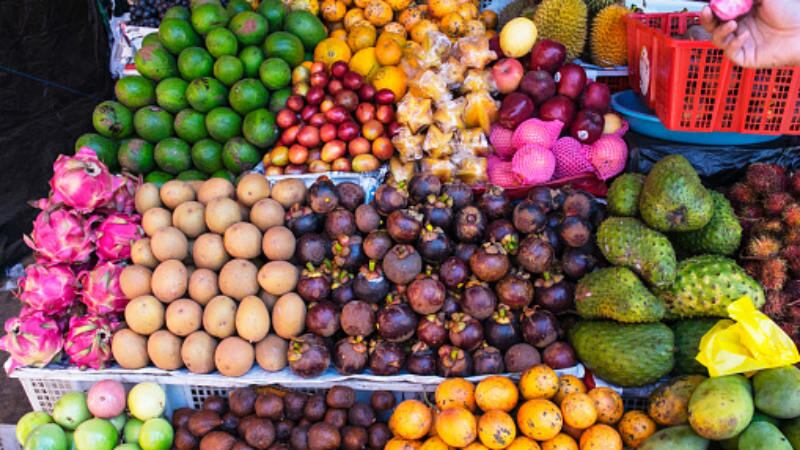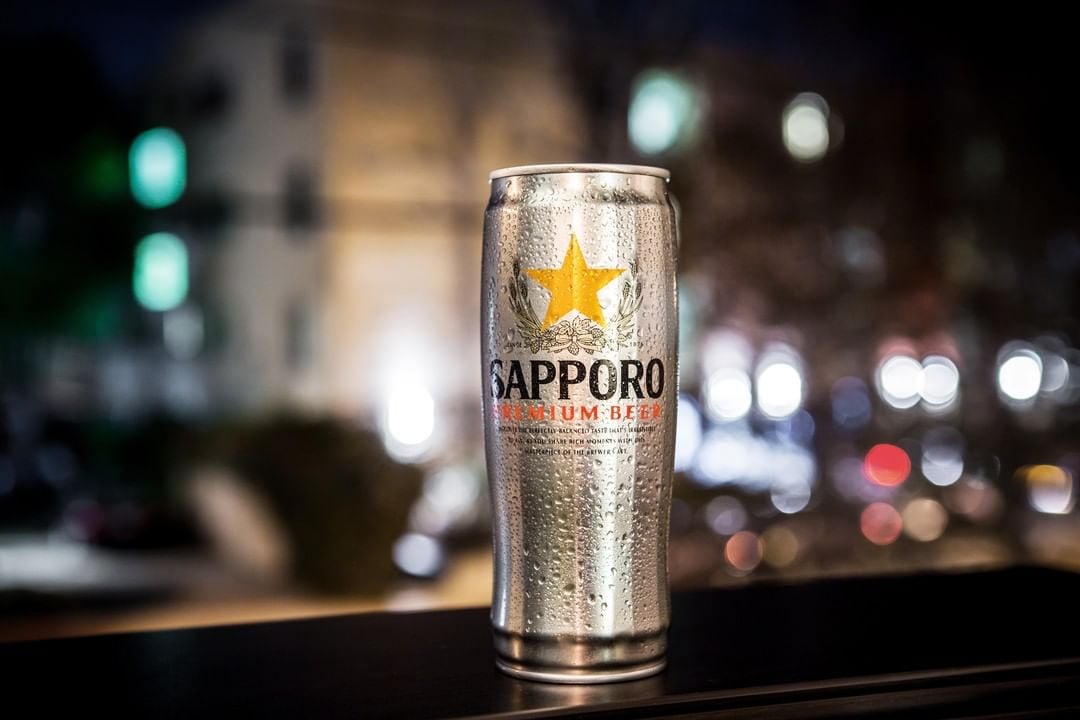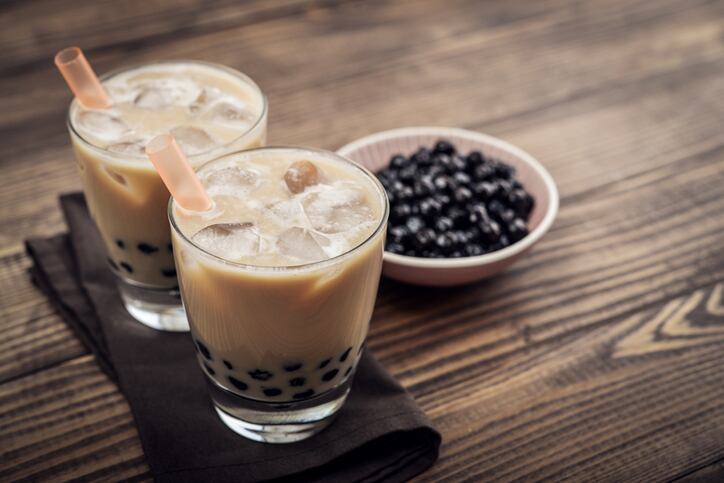Headed by the Department of Nano Science and Technology at the country’s top-ranked state university Tamil Nadu Agricultural University (TNAU), the project started as a collaboration with the University of Guelph in Canada to tackle the ‘global issue of spoilage fruits and vegetables are facing’.
“This project is moving into the commercialisation phase soon – we already had a meeting with over 200 stakeholders last month about this,” Dr K. S. Subramaniam, TNAU Director of Research and Chair of Indian regulatory body National Bank for Agriculture and Rural Development (NABARD) told FoodNavigator-Asia.
“This will become commercially available latest by December this year or January next year.”
The formulation the formulation is based on seven years of the university’s in-depth research into the naturally-emitted molecule hexanal, which by nature slows fruit spoilage by inhibiting the phospholipase D enzyme and ethylene production.
“Phospholipase D breaks down cell walls and causes shrivelling and rotting – hexanal inhibits this activity thus slowing the fruit decay. As for ethylene, this normally induces ripening in fruits, and hexanal is also able to inhibit this and slow the process,” said Dr Subramaniam.
Two of the key pieces of technology that the university has developed based on this protective formulation are a Nano Sticker and a Nano Pellet – which both look to be priced incredibly cheaply as compared to the highly advanced technology used in their production.
“Both the Nano Sticker and Nano Pellet will retail at just INR 2 (US$0.028) each – to put this into perspective, each sticker or pellet can be used to extend the shelf life of an entire box with 2kg to 3kg of fruits,” he said.
The Nano Sticker is made via an electrospinning process where nanofibres are ‘spun’ which have hexanal added inside these. These fibres are then attached to an aluminium foil sticker, and when stuck inside a box of fruits, can extend shelf life by two weeks.
“The sticker can retain hexanal and release this slowly as it is triggered by carbon dioxide and moisture released by the fruits in the box. Based on our tests so far, it works best with mangoes and bananas,” he added.
The concept used for the Nano Pellet is similar to that of a naphthalene ball (common moth ball), where hexanal is slowly released from a ball made of cyclodextrin sugar. When placed inside a box of fruits, shelf life can be extended by two to three weeks.
Other technologies
In addition to the sticker and pellet forms, the lab has also developed a spray format dubbed Fruity Fresh to be used pre- and post-harvesting, and a related dip to be used in packhouses.
“Fruity Fresh is meant to be sprayed on trees three weeks before and three weeks after harvesting to keep freshness, but farmers told us that this format is harder to use because they face challenges when it comes to the cost, labour and water to use this,” said Dr Subramaniam.
“That’s why we came up with the dip instead, where in packhouses fruits can just be dipped in the formulation for five minutes before packing and transported long distances. They already dip fruits in water with salt, for example, for preservation, so making the switch to this hexanal formulation is less of a problem.”
Fruity Fresh will retail at INR 300 (US$4.23) to INR 400 (US$5.65) for a one litre bottle that can be diluted in 50 litres of water and used on about five trees (around 200kg of fruit), whereas the dipping solution will retail at INR0.5 (US$0.0071) per kg, which can also be diluted by 50 times and then give 15 to 20 days of preservation.
Importance of technology
Emphasising that this nanotechnology could be used to solve a ‘global issue’, Dr Subramaniam added that the current phase of the project involved collaborations between several countries: India, Canada, Sri Lanka and African countries such as Kenya, Tanzania and Trinidad and Tobago.
“This tech is important, because in India fruit and vegetable production is not a problem as we are the number two producer globally behind China, but after harvesting, over 30% of this food is lost yearly due to improper handling, storage, transportation and so on,” he said.
“This means that for every three fruits produced, one is lost in India – a very high number.”
In addition, he highlighted that this problem is not unique to India, but applied even in developed countries such as Canada (20% lost yearly) and the United Kingdom (15% to 20% lost yearly), and even more so in countries such as Africa (80% lost yearly).
Moving forward, the university is also looking at a sustainability project, by extracting fibres from bananas and other plants to turn into nanocellulose and biofilms, with the aim of making eco-friendly bioplastics.





